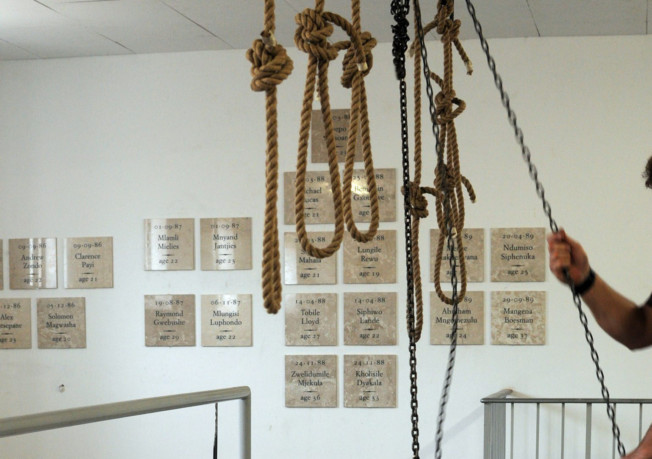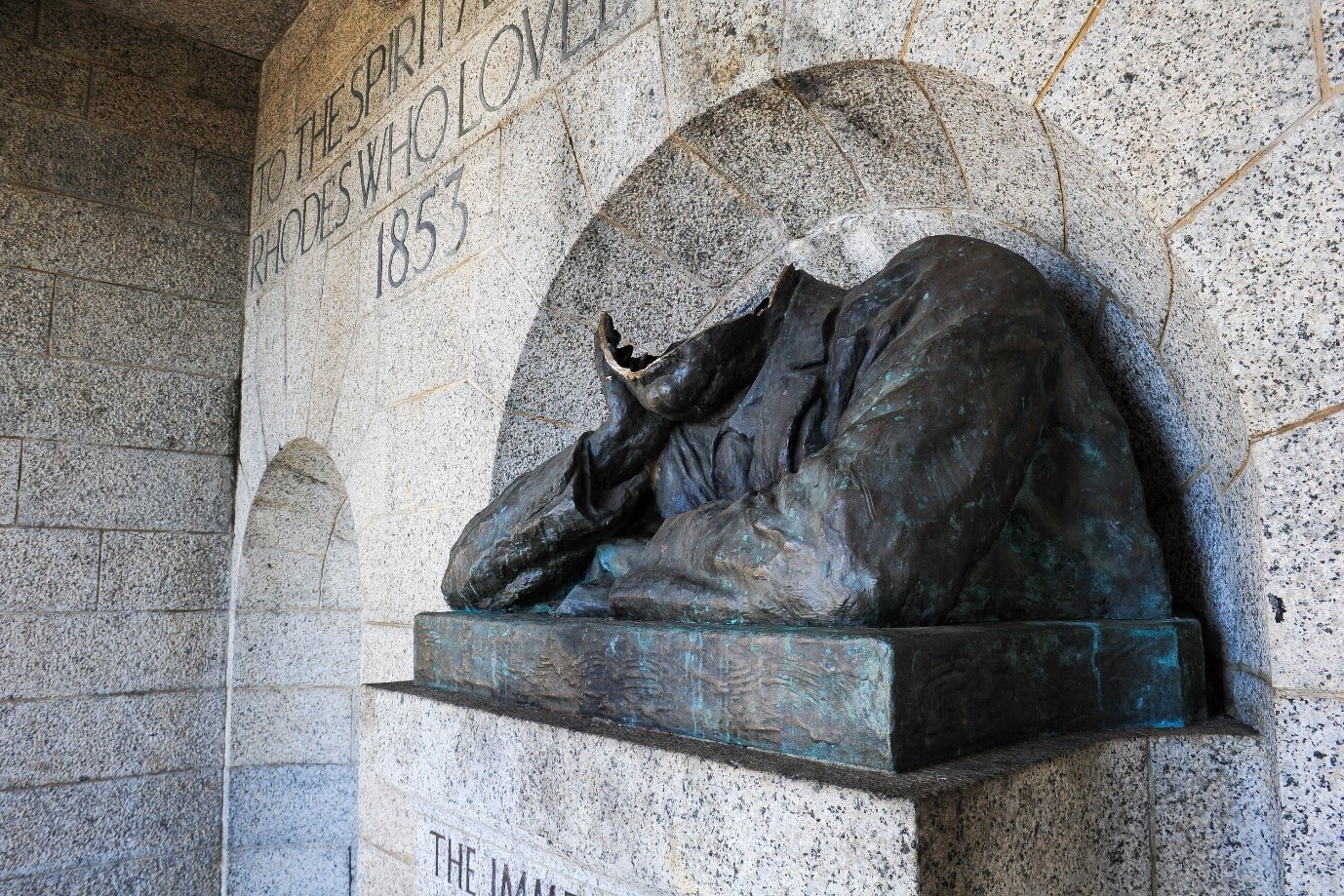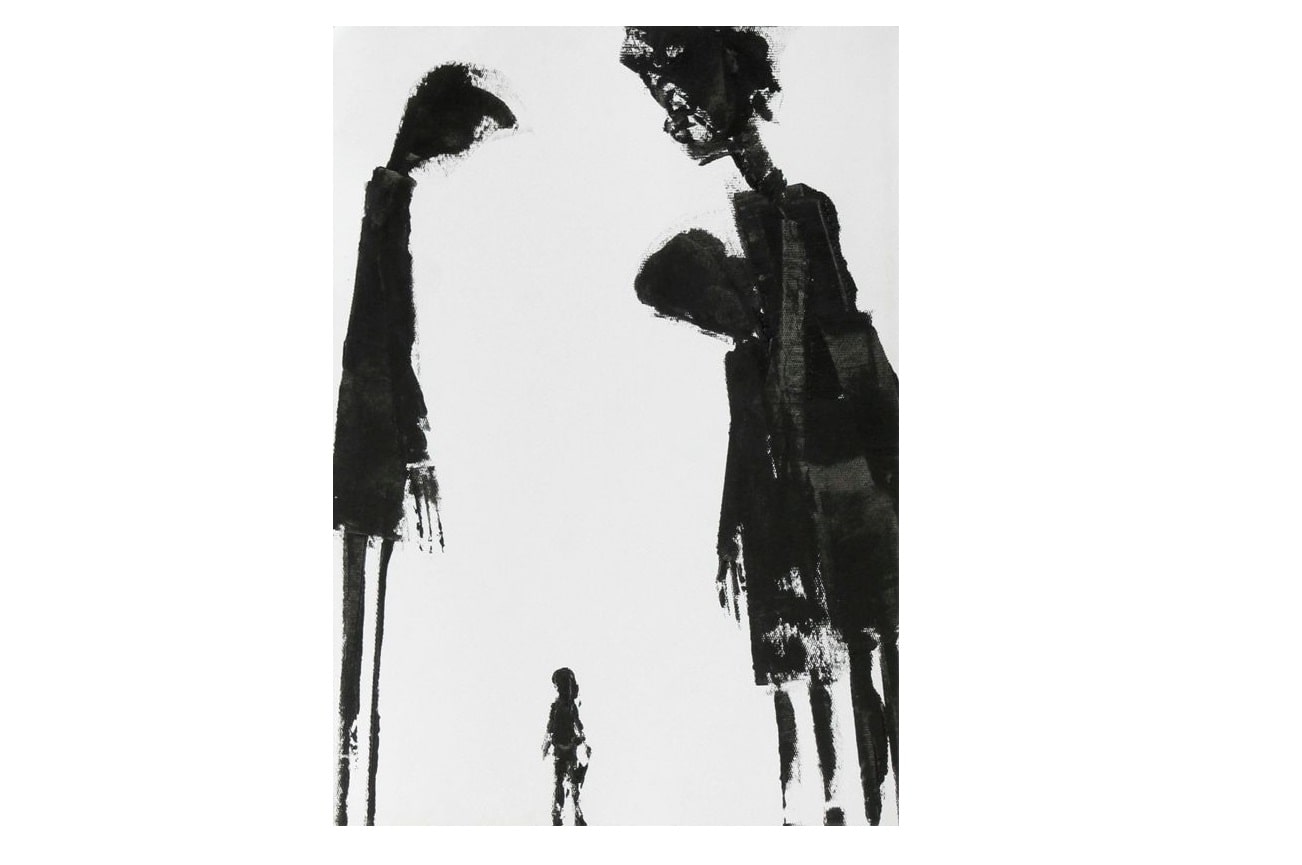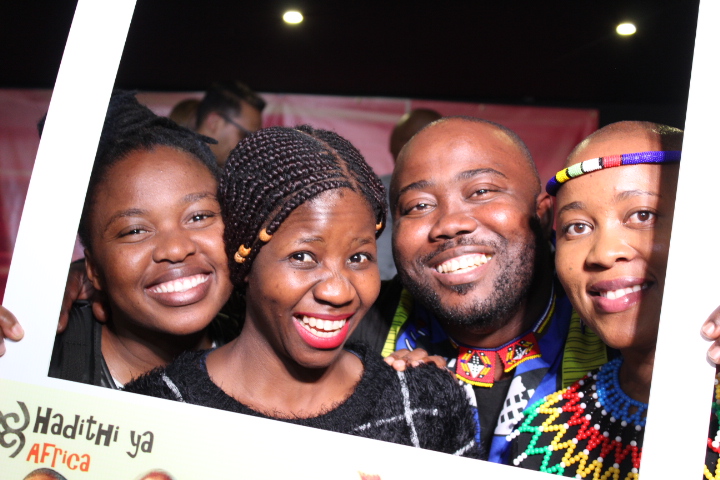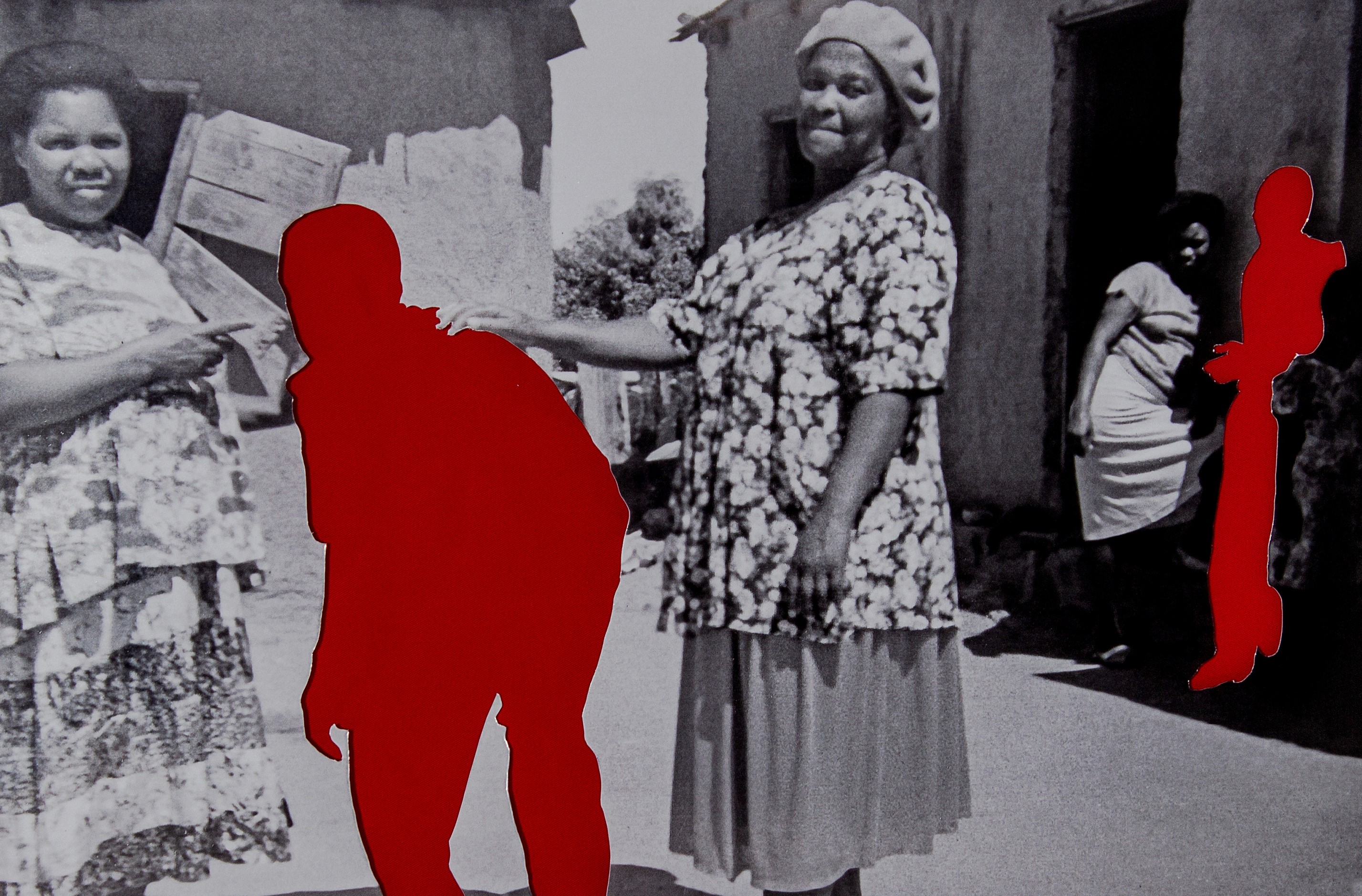Closure. We all need closure. Closure is what many families were deprived of when their loved ones were assassinated by the Apartheid police or sentenced to death by hanging and some given a pauper's burial for their political convictions.
It is even harder to find closure for those families who never had the opportunity to see the remains of their loved ones in order to give them a decent or proper burial.
Worst off still are those whose contribution to the struggle for liberation is the subject of contested legacy — whose death was misclassified as that of a petty criminal notwithstanding their revolutionary credentials.
In this category we have people such as Piet Ratombo.
Piet Ratombo was the son of the late Khosi Jim Gumani Ratombo, the grandson of Thohoyandou — the departed King of the Vhavenda Kingdom.
Like many others before him, Khosi Ratombo and his community were dispossessed of fertile arable land in the farm Klein Australia situated in the Levubu (Luvuvhu) area 40 kilometers to the east of Makhado (Louis Trichardt) and unceremoniously relocated to a semi-arid and rocky area of Tshituni in Nzhelele Valley.
The dispossession occured in 1961 as a result of the application of the provisions of the Native Land Act of 1913 and Native Trust and Land Act of 1936. These legislation prohibited Black people from ever owning land in areas reserved for settlement by Europeans. In terms of the legislation, all transactions for sale of land to Blacks were declared null and void ab initio. Blacks were only allowed to occupy the land as labour tenants under the conditions determined by Europeans.
For the uninitiated, Levubu (Luvuvhu) farming garden is situated along the source of Mutale and Luvuvhu rivers.
The land produces mangoes, walnuts, macadamia nuts, avocados, bananas, guavas, sugar cane, paw paws and litchis; which makes it one of the bread baskets of the Limpopo Province.
Products from this area are supplied to Johannesburg and Tshwane markets and most of them are sold in major grocery stores around the country.
Predictably, Piet Ratombo resisted the land dispossessions but as he was not a member of the liberation movements at the time, he resorted to unorthodox means to get even with those who dispossessed his father from his only inheritance, land.
He allegedly committed a series of home invasions targeting members of the white race (the privileged class during Apartheid) between Cape Town, Johannesburg and Louis Trichardt where he repossessed some valuable items from their homes.
He would allegedly sell and/or share the repossessed goods or proceeds from the sale of such goods with his friends in Matshavhawe Village, near Witvlag.
In his spate of white homes invasion, Piet Ratombo is alleged to have committed other criminal acts including but not limited to murder.
It is alleged that one day whilst in his repossession crusade, Piet Ratombo broke into a house in Witvlag around Louis Trichardt and removed bedding and linens. Unbeknownst to him, he also took a baby child wrapped in the blankets.
The police issued a reward to any person who could safely reunite the baby with its parents. As a kind hearted person, I'm told, Piet Ratombo used a telegram to notify the police of the whereabouts of the baby and the baby was safely reunited with its parents.
Apparently, he left the baby wrapped in the blankets at the bus station at Ha Malimalo crossing, Tshituni Tsha Fhasi.
Legend has it that he used a magic potion to transform into a bird, snake and all sorts of other things to elude and delude the police. Of course this I discounted as just another urban legend.
Piet Ratombo was subsequently arrested and charged with crimes ranging from murder and house robbery and was subsequently sentenced to death by hanging in Pretoria Maximum Prison, 1975.
This is one of those instances where a person's contribution to history divides public opinion.
On one side of the divide are those who viewed Piet Ratombo as a martyr who fought gallantly against land dispossession whilst on the other side of the divide are those who believe that he was just a criminal whose death by hanging was justified.
I choose to see the good in people and therefore it is hard for me to condemn a condemned man.

